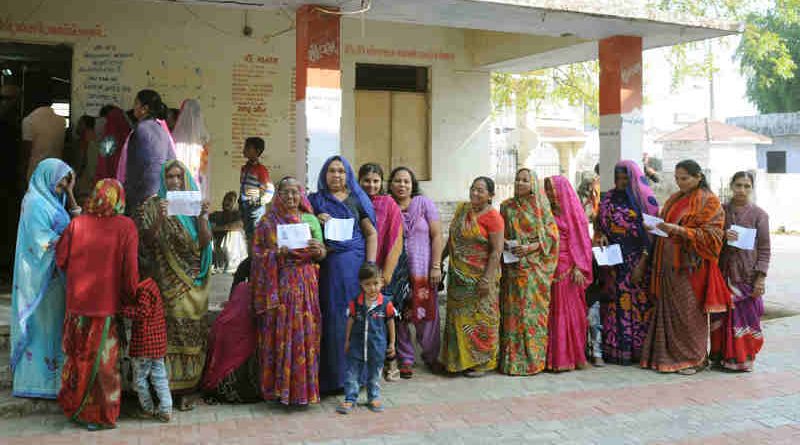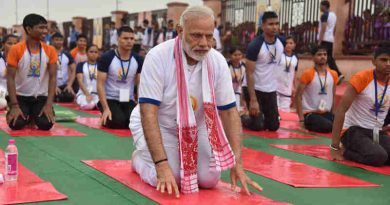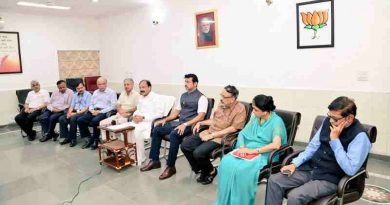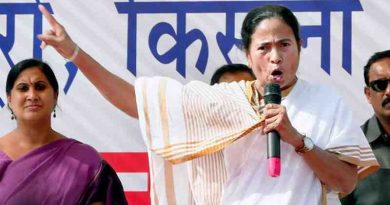RSF Provides Training to Women Journalists for Covering Elections in India

RSF Provides Training to Women Journalists for Covering Elections in India
The 60 women journalists, mainly freelancers from different regions of the country, participated in training and experience-sharing sessions on electoral coverage.
Global press freedom organization Reporters Without Borders (RSF) and a local partner, Network of Women in Media, India (NWMI), have provided election coverage training to 60 women journalists throughout India.
According to RSF, the training included combatting disinformation, solutions journalism and using an inclusive approach, with the aim of ensuring diversified and reliable coverage of the ongoing Lok Sabha election that is due to end on 1 June.
Against the backdrop of a dramatic decline in press freedom in India, which is ranked 159th out of 180 countries in RSF’s 2024 World Press Freedom Index, the training was provided by means of a series of online workshops from 7 April to 4 May that were designed specifically for women journalists.
The 60 women journalists, mainly freelancers from different regions of the country, participated in training and experience-sharing sessions on electoral coverage with a gender perspective, combatting disinformation and solutions journalism.
“As press freedom has suffered a continuous erosion during the past ten years in India, and few independent media remain, it is essential to support those journalists who nonetheless continue their mission to inform. The training provided by RSF and its local partner NWMI to women journalists during this electoral period responded to this goal and to the needs expressed by media professionals in the field,” said Célia Mercier, Head of RSF’s South Asia Desk.
The training workshops provided by RSF and NWMI had five main topics:
Election coverage with a gender perspective
This session encouraged the journalists to cover elections from more of a gender perspective and to cover such subjects as women’s participation in the elections and analysis of the Narendra Modi government’s election promises and record on gender equality policies. Participants also learned to better identify, and avoid, stereotypes when reporting on women.
Elections and gender from the perspective of solutions and investigation
“Solutions journalism” promotes journalism that integrates constructive perspectives into reporting and investigative journalism.
Combatting disinformation during elections
In a country where media ownership is concentrated in a few hands, the public gets a lot of its news from the Internet. But the Internet is also poisoned by viral disinformation. Journalists’ duty to check the information being posted online is all the greater during elections. This workshop taught fact-checking techniques, including the use of artificial intelligence (AI) to identify viral fake news and deepfakes.
Innovative audio and video formats for covering elections
To help them secure a place in the media landscape amid the profusion of information during general elections, the participating journalists were trained to produce videos and podcasts with innovative angles and formats.
Covering elections with the help of data
The women journalists were also given technical training in processing, analyzing and presenting numerical data on the elections with the aim, for example, of investigating election campaign funding, a key subject during elections.
Courtesy: RSF






